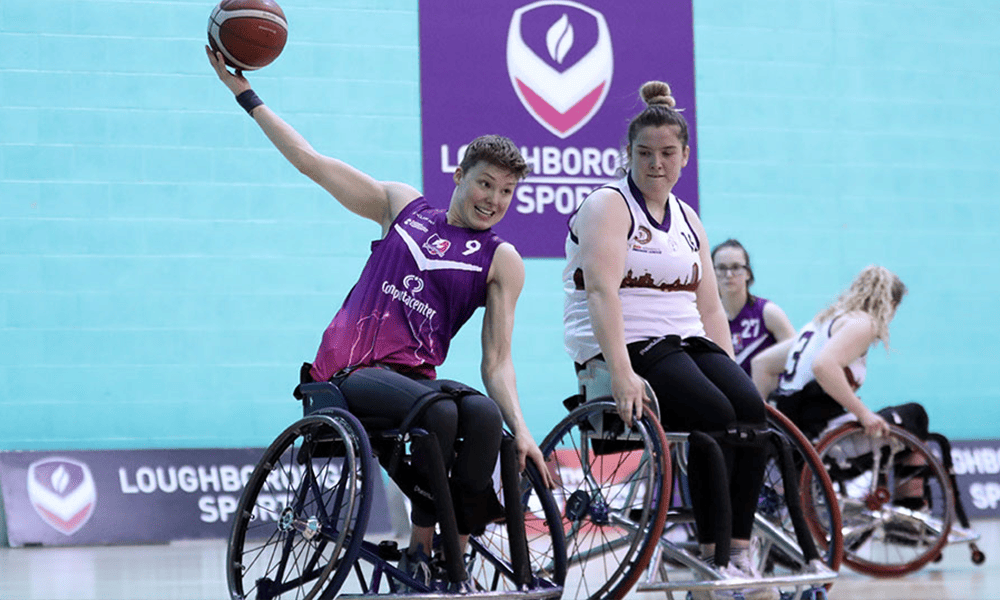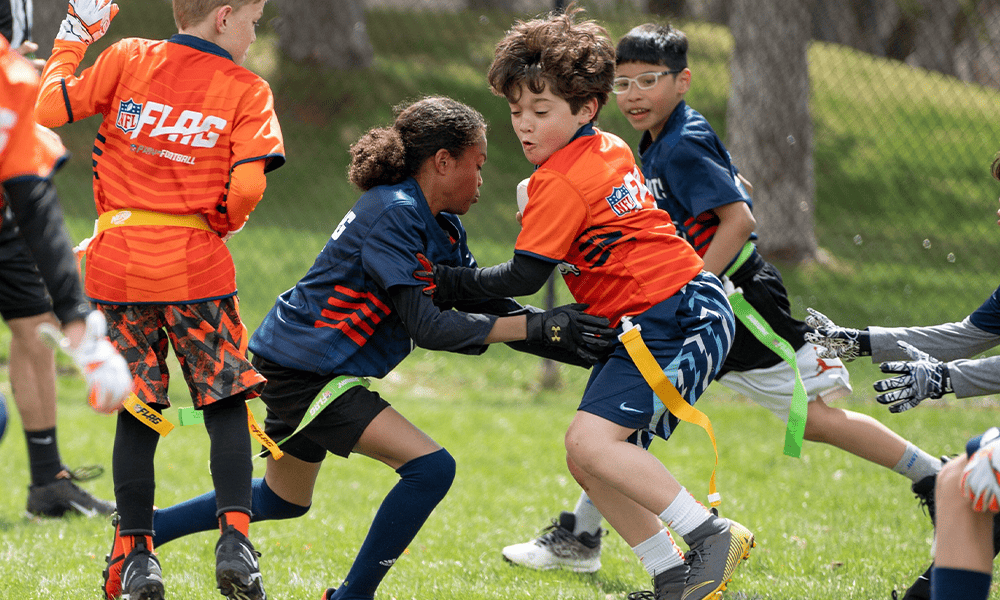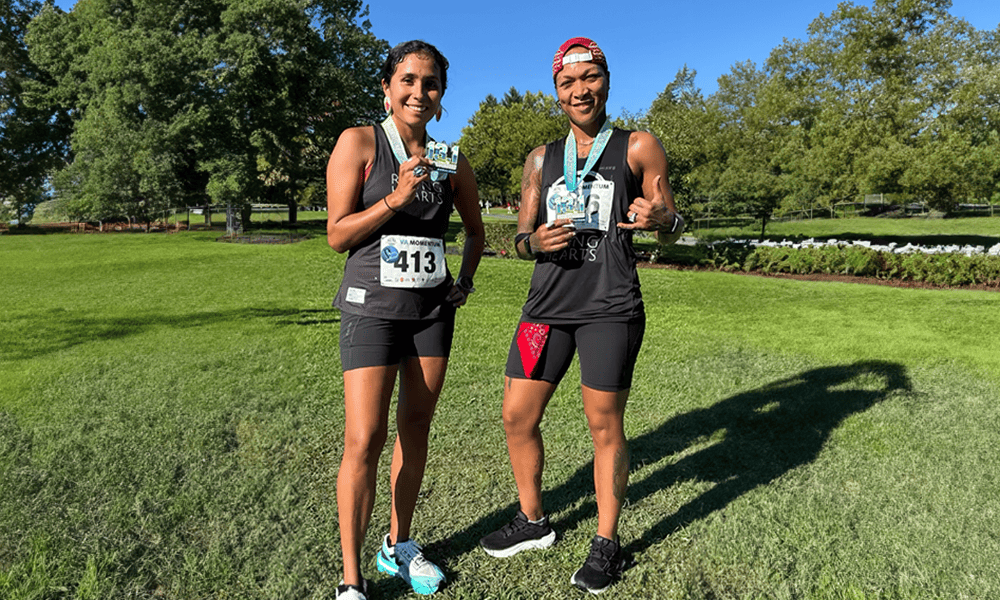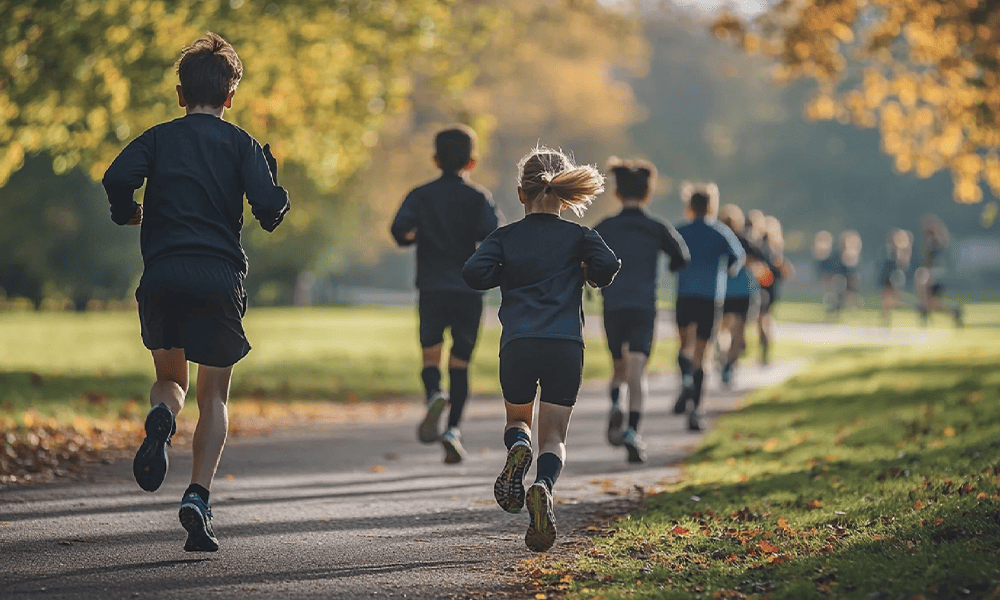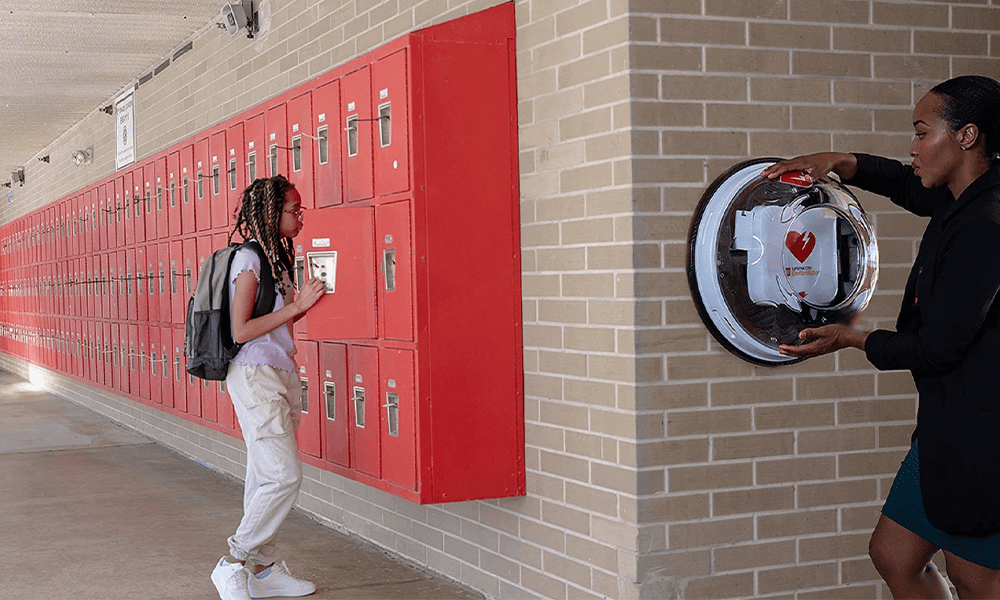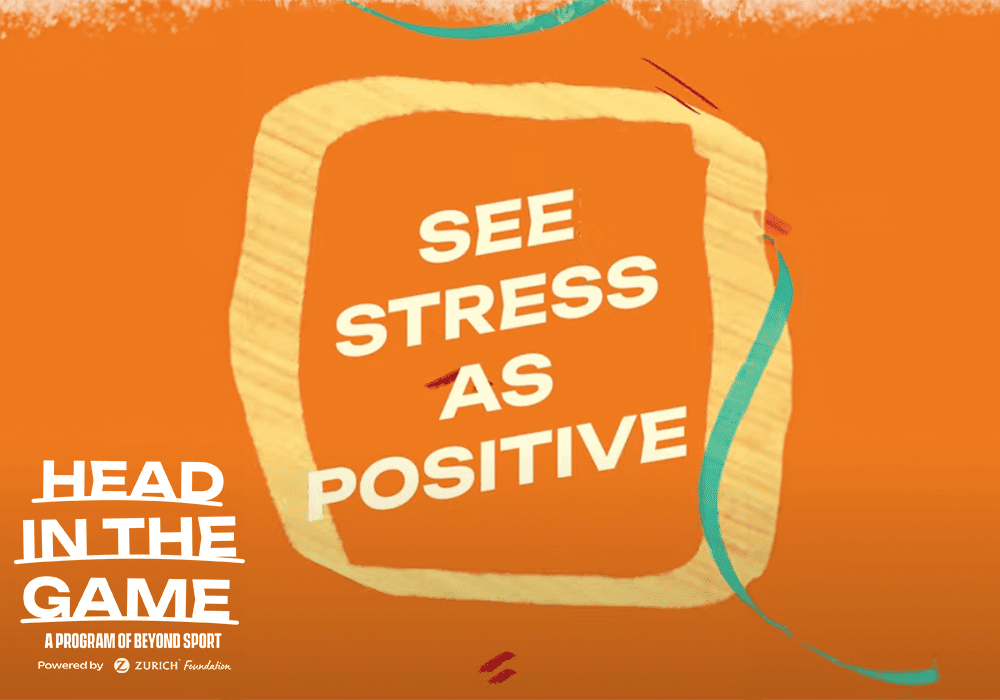
International Stress Awareness Week begins today with a theme of ‘Campaigning to Reduce Stress and Improve Wellbeing.’ We’re therefore sharing some invaluable Head In The Game campaign tips specifically designed to help young people and teens manage stress more effectively.
Head In The Game (HITG) is a Beyond Sport program powered by the Z Zurich Foundation to help improve mental wellbeing outcomes for teens in the U.S. and help close the gap on inequities. A key component of the program is our dedicated campaign which shares educational resources, inspirational stories and videos and supportive tips across social and its website.
Stress is normal and everyone experiences it, from dangerous situations to day-to-day activities. Stress in itself is not an illness, but when it becomes overwhelming and prolonged, the risk for mental health problems such as depression, anxiety, psychosis and substance abuse increases. A recent report showed that 62% of people across 31 countries said they felt stressed to the point of it impacting their daily lives at least once in the past year.
Additionally, the COVID-19 pandemic triggered a 25% increase in the prevalence of anxiety and depression worldwide. This, paired with global conflicts, the cost of living and climate-related disasters, is negatively impacting mental health. Children and youth are often the most vulnerable to stress-related mental health conditions alongside people of color, girls and women and those identifying as LGBTQ+.
TIPS ON MANAGING STRESS
Managing stress looks different for everyone and trying to find what works best for you is crucial. Here are some helpful things you can do to help you better cope with stress:
- Set realistic goals and daily tasks that can be completed in an orderly manner.
- Develop habits like going to sleep and waking up at the same time every day, exercising or meditating in the morning right after waking up.
- Prioritize your sleep to give your mind and body a good break.
- Make sure you are maintaining a good and healthy diet, do not skip meals.
- Don’t judge yourself. Be kind to your body and mind and try not to expect too much of yourself and others.
- Take one thing at a time. Pick one important task and work on it before you move in to the next.
- Take breaks, put time on your calendar to focus on yourself and your wellbeing. Whether that looks like going on a walk, a bike ride or listening to music, it is up to you! Focus on what makes you feel good.
HOW TO BUILD MENTAL RESILIENCE
An important part of dealing with stress is viewing it as something positive rather than negative. HITG Expert Collaborator, the Center for Healing and Justice Through Sport (CHJS), provides specialist insight and practical tips on the concept of ‘good stress.’ It coaches and student-athletes share ways to build mental resilience, whether that be in a competitive environment or in daily life.
Removing stress for young people won’t help them heal explains Megan Bartlett, founder of CHJS. “We build resilience when we experience stress and recover from that stress. So, every time we have a little bit of stress, and we can deal with it and recover, we’re actually building our tolerance to stress or building our resilience to stress.”
Coach Anthony talks about seeing stress as a positive:
Student-athlete Sam gives his perspective on stress and personal growth:
Coach Victor talks about teaching young people healthy stress management:
LEARNING COMMUNITY RESOURCES
HITG also includes a Learning Community for those committed to advancing youth mental wellbeing. The interactive platform promotes best practice sharing, useful tools and opportunities for training and knowledge-building for members. As part of its coaches trainings sessions, CHJS introduced the concept of “dosed stress,” which refers to maintaining manageable levels of stress and using stress as a positive force.
“I had never thought about how exercise and stress could work together to help the mind and body… I have noticed that stress has taught me to troubleshoot any issues. This thinking is crucial because it’ll help with future frustration when they do not get something ‘right’. I can’t wait to incorporate some ‘dosed stress’!”, shared a HITG Learning Community member.
Here are some resources and tips on stress from our Learning Community:
- Download CHJS’s Nothing Heals Like Sport playbook for tips on how to incorporate “dosed stress” into your practice plans.
- Check out the Stress Management Society’s (UK-based) free resources, including The Little By Little Journal.
- Explore School Break Resources from the National Alliance on Mental Illness (NAMI), tailored to assist youth with their mental wellbeing during school closures. With the holidays approaching, it’s important to understand that school breaks are an ideal time for youth to relax and engage in activities. However, breaks may bring their own set of stressors for young people and their caregivers. Disrupted routines and other changes can contribute to stress.
Visit the Head In The Game campaign website to explore more resources and tips on managing mental wellbeing. If you’re interested in joining our HITG Learning Community, click here.
